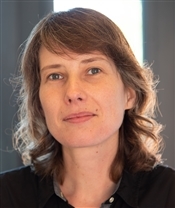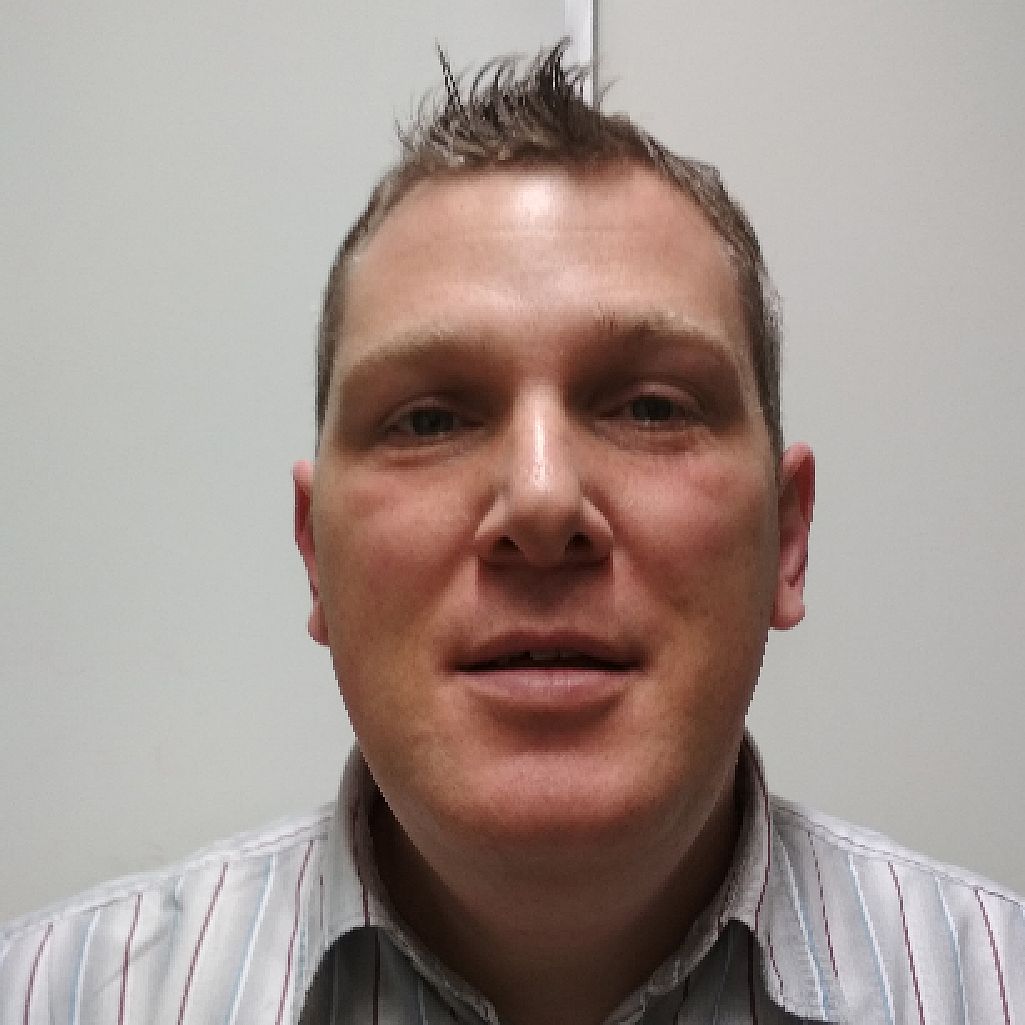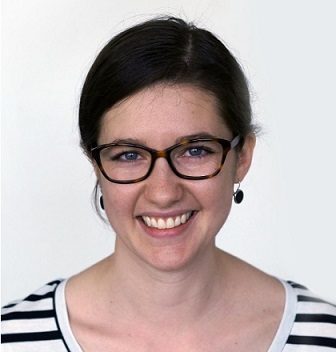EduEye: Workshop on Eye Tracking in Learning and Education (Tue, May 30, 2023 @ ETRA)
*** EduEye 2023 will take place as part of ETRA 2023 in Tübingen ***
Workshop Description
With its duality of being an active input technology and a passive sensor, eye tracking provides unique opportunities for education and learning. Actively, the technology can serve as an input strategy for interactive learning environments. Passively, it can be applied to observe learning states and gain a better understanding of learners' cognitive processes. Given its scalability, it can, or instance, help to improve collaborative learning, e.g., by establishing connections between learners during online lectures. Teachers or lecturers can also gain feedback about their learning material by analyzing students' eye gazes. However, many open challenges remain for the application of mobile eye tracking in learning and educational scenarios, including technical constraints and privacy concerns. This workshop specifically targets researchers and practitioners who are interested in using eye tracking in education and learning. This includes researchers from all areas of psychology, human-computer interaction, computer science, eye tracking methodology, and other related fields.
Workshop Program (preliminary)
10:30 – 10:40 Opening
- Welcome address
- Overview of the workshop program
- Introduction to speakers and participants
10:40 – 11:00 Recap from EDUEye 2022 + Keynote Introduction
- Summary of highlights from EDUEye 2022
- Introduction of the keynote speaker and their topic
11:00 – 12:00 Keynote by Tamara van Gog: "Using visualisations of eye movements to improve learning "
- Keynote presentation
- Q&A and open discussion with the keynote speaker
12:00 - 12:30 Brainstorming 1
- Breakout groups to discuss potential applications of eye tracking in education
- Each group to focus on one topic of interest
12:30 - 13:30 Lunch break
13:30 – 13:50 Session 1: Abstracts (each Abstract 5min + 5 min Discussion)
- Sauter, Marian: Getting Lost in the Details? The Paradox of Precision in Educational Eye-Tracking Research
- Liu, Shi: AF-Mix: Supporting Self-Regulated Learning with Gaze-Aware Attention Feedback in Mixed Reality
13:50 – 14:50 Session 2: Papers (each Paper 10min + 5 min Discussion)
- Marzban, Sheida: The effect of intersemiotic relations on L2 learners' multimodal reading
- Byrne, Sean Anthony: Leveraging Eye Tracking in Digital Classrooms: A Step Towards Multimodal Model for Learning Assistance
- Burch, Michael: Gaze-Based Monitoring in the Classroom
- Appel, Tobias: Investigating Cognitive Load for Tasks with Mathematics and Chemistry Context through Eye Tracking
14:50 – 15:30 Brainstorming 2
- Breakout groups to discuss challenges and limitations of eye tracking in education
- Each group to focus on one topic of interest
15:30 - 16:00 Coffee / Tea Break
16:00 – 16:30 Group Discussion
- Representatives from each brainstorming group present their findings
- Open discussion and exchange of ideas between groups
16:30 – 17:15 Results of Group Discussion
- Recap of key points from group discussions
- Synthesis of findings and identification of future research directions
17:15 – 17:25 Next Steps
- Announcement of upcoming events or collaborations
- Plans for disseminating workshop results
17:25 – 17:30 Closing
- Final remarks and acknowledgments
- Farewell and end of the workshop
Workshop Format
The workshop will be virtual.
In addition, participants do not need to attend the full ETRA '22 to participate in the workshop. There is a "virtual workshop only" ticket available at the ETRA '22.
So EduEye participants need to book either the full ETRA '22 ticket or the virtual workshop only ticket to attend EduEye.
Keynote
We are happy to announce that Prof. Tamara van Gog will give the keynote for our workshop!

Topics of Interest
- Cognitive states of learners, including attentiveness, proficiency, and cognitive load
- Teacher-student interaction and student-student interaction
- Eye movement modeling examples and other applications of visualizing gaze to improve education
- Eye gazes for education in 3D or virtual reality
- Collaborative learning (including remote and co-located learning)
- Eye tracking as active input strategy for interactive learning environments
- Eye tracking devices and hardware for education
- Privacy issues in educational eye tracking
- Crowd-sourced eye tracking studies for education
- Eye tracking research on learning to read and reading strategies
- Instructional design research and multimedia learning with eye tracking
- Research on expertise differences in gaze in medicine or other domains
Call for Papers
The workshop targets researchers and practitioners who are interested in the application of eye tracking in education and learning. We take a broad perspective on this topic and welcome submissions from the fields of human-computer interaction, cognitive psychology, computer science, eye tracking, and the learning sciences. We offer two types of submissions:
| Extended Abstract | Workshop Paper | |
| Submission length | up to 4 pages (excluding references) | 4 to 8 pages (excluding references) |
| Format | single column, ACM master article template submissions should not be anonymized | single column, ACM master article template submissions have to be anonymized |
| Selection process | juried by the workshop organizers | reviewed by 2-3 program committee members |
| Publication | will not be published but can made available on the EduEye website, if the authors want to | will be published in the ETRA '23 Workshop Proceedings |
| Submission | through PCS (choose Society: ETRA, Conference/Journal: ETRA 2023, Track: ETRA 2023 Workshop - Eye Tracking in Learning and Education) | through PCS (choose Society: ETRA, Conference/Journal: ETRA 2023, Track: ETRA 2023 Workshop - Eye Tracking in Learning and Education) |
| What should be submitted? | - work in progress, initial study results, summary of previous studies, position paper, argument - Note, an extended abstract does not have to present original research | - work in progress, initial study results, summary of previous studies, position paper, argument - Note, a workshop paper does not have to present original research
|
| Who should submit? | Extended abstracts are mainly targeted towards researchers who want to participate in the workshop but are not interested in having their paper published in the Workshop Proceedings. | Workshop papers are mainly targeted towards researchers who are interested in participating in the workshop and would like to have their paper published as part of the Workshop Proceedings. |
| Camera-ready version | through PCS, please use the ACM Master Article Template (one-column) for the final submission | through TAPS |
Participants
We welcome participants from the fields of human-computer interaction, cognitive psychology, computer science, eye tracking, and learning sciences.
Important Dates
| Notification | March 20, 2023 |
| Camera ready deadline | March 28, 2023 |
| Workshop | Tue, May 30, 2023 |
Program Committee (for workshop papers)
- Seoyoung Ahn (Stony Brook University, United States)
- Ecenaz Alemdag (Middle East Technical University, Turkey)
- Leen Catrysse (Open Universiteit, Netherlands)
- Andreas Gegenfurtner (University of Augsburg, Germany)
- Maurice Koch (University of Stuttgart, Germany)
- Ladislao Salmerón (University of Valencia, Spain)
- Maria Wirzberger (University of Stuttgart, Germany)
Organizers

is a postdoctoral cognitive psychologist at Ulm University in the project ``Gaze-assisted scalable interaction paradigms for pervasive classrooms''. His research interests are in human perception and visual attention in applied contexts outside the classical lab. He has already organized the Conference for Experimental Psychologists '21 (TeaP '21), EduEye 2022 and webinars on online experiments.

is a postdoctoral researcher at the Hector Research Institute of Education Sciences and Psychology in Tübingen. His research is situated at the intersection of computer science and educational science, with a methodological focus on eye tracking and physiological sensors.

is an Associate Professor at the University of Applied Sciences in Chur, Switzerland. His main research interests are in information visualization, visual analytics, data science, and eye tracking. He organized and co-chaired the workshops on eye tracking and visualization (ETVIS) in the past four editions and is now in the steering committee of ETVIS. Moreover, he was paper co-chair of VisSoft 2019, VINCI 2019, 2021 as well as general chair of VINCI 2020 and 2022.

is a postdoctoral researcher in the human-centered computing section at the University of Copenhagen. Her research interests are in human-computer interaction, in particular, extended reality and eye tracking. She co-organized the workshop on Eyewear Computing at UbiComp 2021, was Short Paper co-chair of ETRA 2021, and co-organized the German Pre-CHI Event 2020 and the Virtual German CHI Event 2020. She also co-organized the first edition of the EduEye workshop in 2022.
